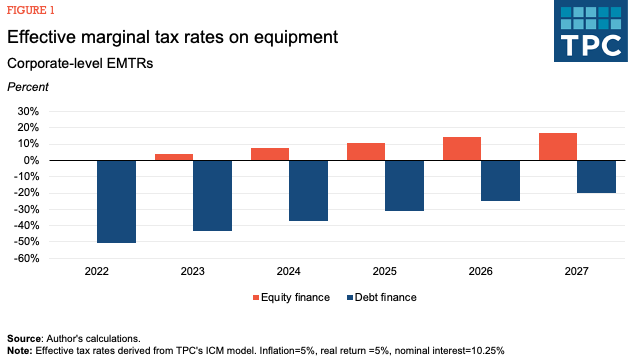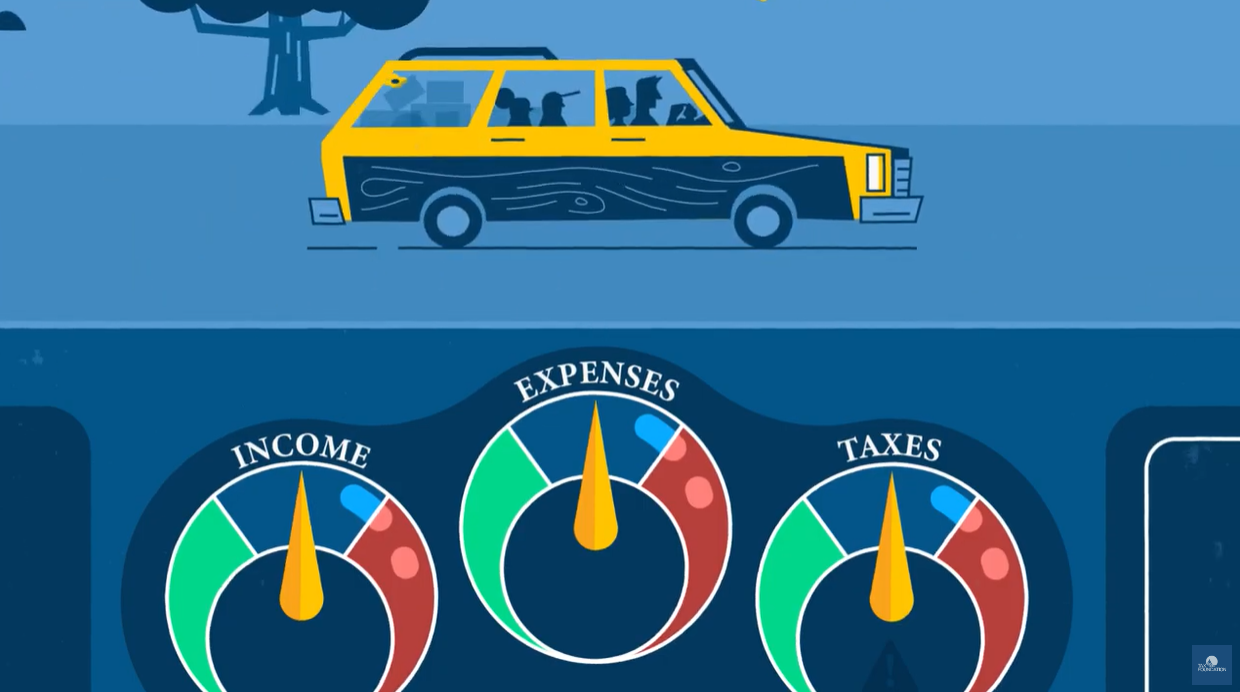A Global Minimum Tax Would Reduce Federal Tax Revenues
JCT: Global minimum tax would reduce federal tax revenues over ten years. TaxNotes reports (paywall) on the new analysis from the Joint Committee on Taxation (JCT), which estimates that the Organization for Economic and Cooperative Development’s (OECD’s) pillar 2 global minimum tax would result in less federal corporate tax receipts. It examined five scenarios, and the US could lose the most in tax revenue if it does not enact the global minimum tax while the rest of the OECD member nations do implement the plan. That would cost the US an estimated $122 billion over ten years.
Is subsidizing R&D a good idea? TPC’s Thomas Brosy takes a look at tax breaks for research and development (R&D) and options for reform. Business groups are pushing for the more generous R&D deduction to be reinstated, arguing that the existing law will lower investment in R&D and make the US less competitive. Thomas argues that the US should rethink the current design of both the R&D deduction and research and experimentation tax credit to better encourage innovation and ensure the tax breaks work as intended.
Tune in this morning for the 13th Annual IRS/TPC Joint Research Conference on Tax Administration. It’s the only annual conference focused exclusively on tax administration research. Researchers from the IRS, other government agencies, academia, and private organizations will discuss some of the latest analyses seeking to make tax administration as effective as possible. Learn more here and tune in to the day-long in person and virtual event.
You can tune in at noon today for TPC’s Prescription. Libin Zhang, a partner at the firm Fried Frank, will talk about how the growing popularity of artificial intelligence and tools like ChatGPT could impact tax policy and administration. Watch online at noon here.
Texas State Senate passes property tax bill. The legislation offers $18 billion in property tax relief, $400 million more than previously budgeted. The House has yet to consider the Senate proposal. The lower chamber already passed a property tax relief plan that would reduce property tax rates and replace them with state revenues. Unlike the Senate plan, the House plan does not include a provision to increase the homestead exemption. Texas voters will have to approve whatever agreement the House and Senate ultimately reach. To get on the November ballot, the two chambers need to send a compromise bill to the governor within six weeks.
For the latest tax news, subscribe to the Tax Policy Center’s Daily Deduction. Sign up here to have it delivered to your inbox weekdays at 8:00 am (Mondays only when Congress is in recess). We welcome tips on new research or other news. Email Renu Zaretsky at [email protected].






